AeroGenie — Votre copilote intelligent.
Tendances
Categories
Maltese Researchers Develop AI Tools to Assist Airline Pilots
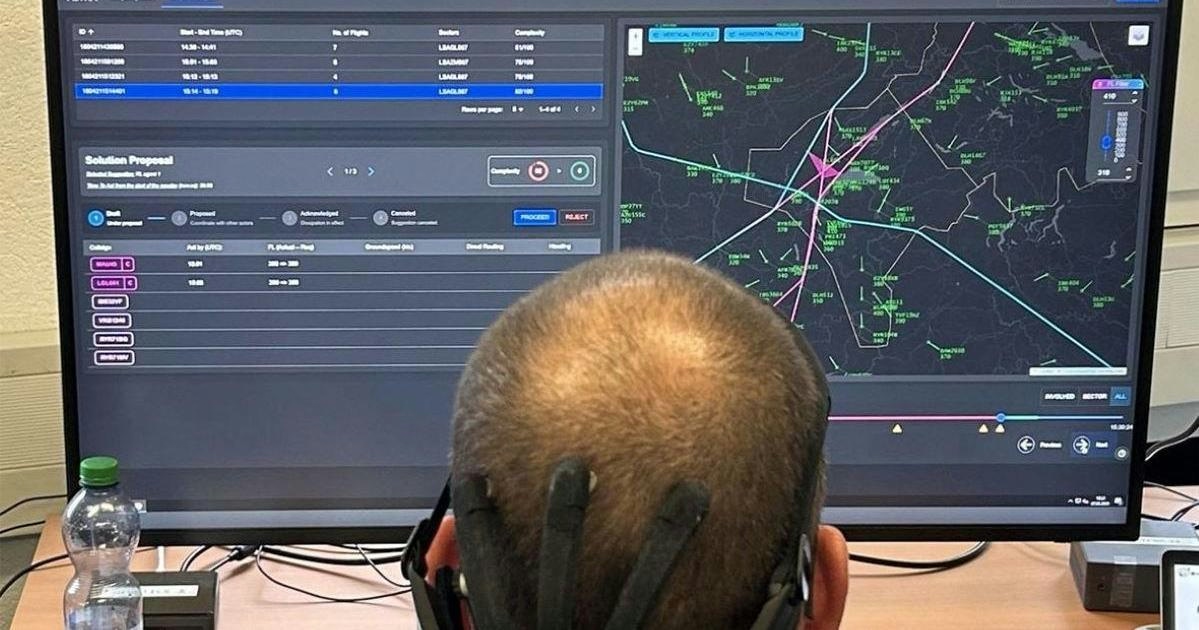
Maltese Researchers Develop AI Tools to Assist Airline Pilots
Advancing Human-Machine Interaction in Aviation
Researchers at the University of Malta’s Institute of Aerospace Technologies are pioneering artificial intelligence (AI) applications designed to enhance the aviation and aerospace sectors. Their work centers on improving human-machine interaction, streamlining the analysis of flight data, and optimizing air traffic management (ATM) through innovative AI systems.
A flagship initiative, the ARTIAP project, is developing an AI platform powered by intelligent agents and large language models (LLMs) to support airline pilots. By integrating aviation-specific datasets, including operational manuals, the system enables pilots to synthesize complex information, interact seamlessly with automated systems, and address in-flight challenges via a natural language interface. This technology aims to make cockpit operations more intuitive and responsive, enhancing pilot situational awareness and decision-making.
Enhancing Flight Data Analysis and Air Traffic Management
Flight data analysis is another critical focus area. Commercial aircraft generate enormous volumes of data through flight data monitoring (FDM) systems, capturing parameters such as speed, temperature, and fuel flow multiple times per second. Traditionally, identifying anomalies or procedural deviations within this data has been a time-consuming task. The SmartFDM project employs machine learning techniques to automatically detect irregularities both in individual flights and across entire fleets, enabling airlines to respond more swiftly and effectively to potential safety concerns.
In the realm of air traffic management, the complexity of global air travel demands sophisticated AI solutions. The WAGE project utilizes AI to analyze live flight data in real time, comparing it against historical trends to alert pilots to unusual aircraft behavior and predict possible failures before they occur. Complementing this, the ASTRA project focuses on forecasting and mitigating air traffic congestion hotspots, while the TADA project develops AI tools to assist air traffic controllers in sequencing aircraft efficiently around busy airports.
Challenges and Industry Context
Despite these technological advances, Maltese researchers confront significant challenges. They must navigate stringent aviation regulatory frameworks, ensure the reliability and safety of AI systems, and compete with established international players in the AI aviation sector. Market acceptance remains cautious, with traditional stakeholders likely to withhold full endorsement until these tools demonstrate clear, measurable improvements in safety and operational efficiency. Competitors may respond by accelerating their own AI investments or forming strategic partnerships to integrate similar technologies.
The broader surge in AI development is also reshaping the industry landscape. Financial markets have shown increased enthusiasm for technology stocks, and companies are willing to pay premiums for AI capabilities they cannot develop internally. This intensifies competition and raises the stakes for innovation within the aviation sector.
Commitment to Human-AI Collaboration and Transparency
Throughout these projects, the Maltese research teams emphasize that their objective is not to replace human expertise but to provide robust decision support, reduce pilot workload, and foster effective collaboration between humans and AI systems. End users are engaged at every stage—from conceptual design to validation—to build trust and ensure the practical relevance of the tools. The teams prioritize explainable and transparent AI, implementing safeguards to mitigate risks such as system errors or hallucinations.
Funding for these initiatives comes from multiple sources: ARTIAP, SmartFDM, and WAGE are supported by Xjenza Malta through the FUSION R&I Programme, while ASTRA and TADA receive backing from the SESAR 3 Joint Undertaking under the European Union’s Horizon Europe research and innovation programme. As the global aviation industry continues to evolve, Malta’s researchers are positioning themselves as key contributors to the safe and effective integration of AI technologies in the skies.
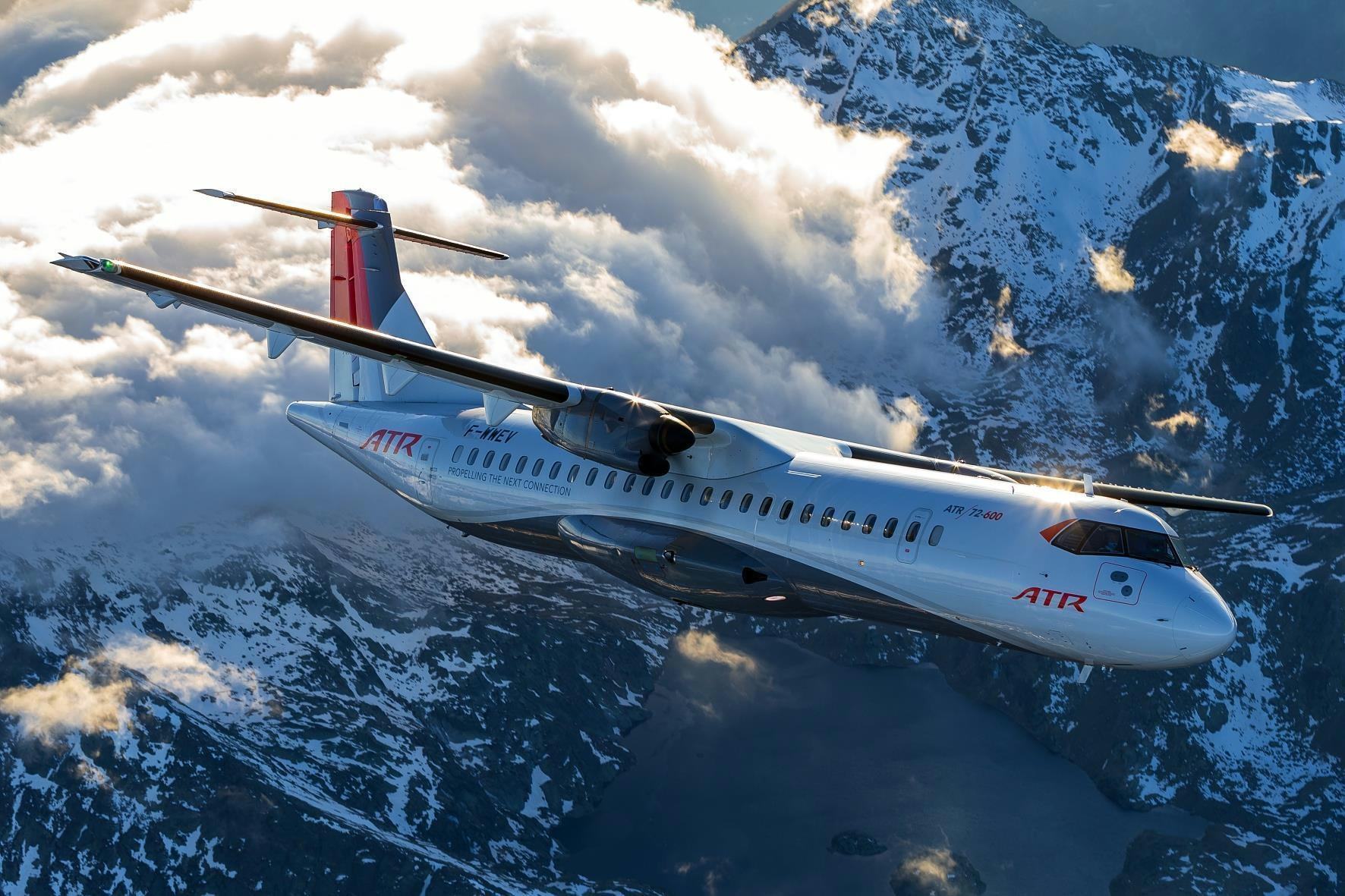
ATR Airlines Misses Targets Amid Aircraft Delivery Delays

Sen. Jerry Moran Proposes Bipartisan Bill to Improve FAA Certification for Advanced Air Mobility
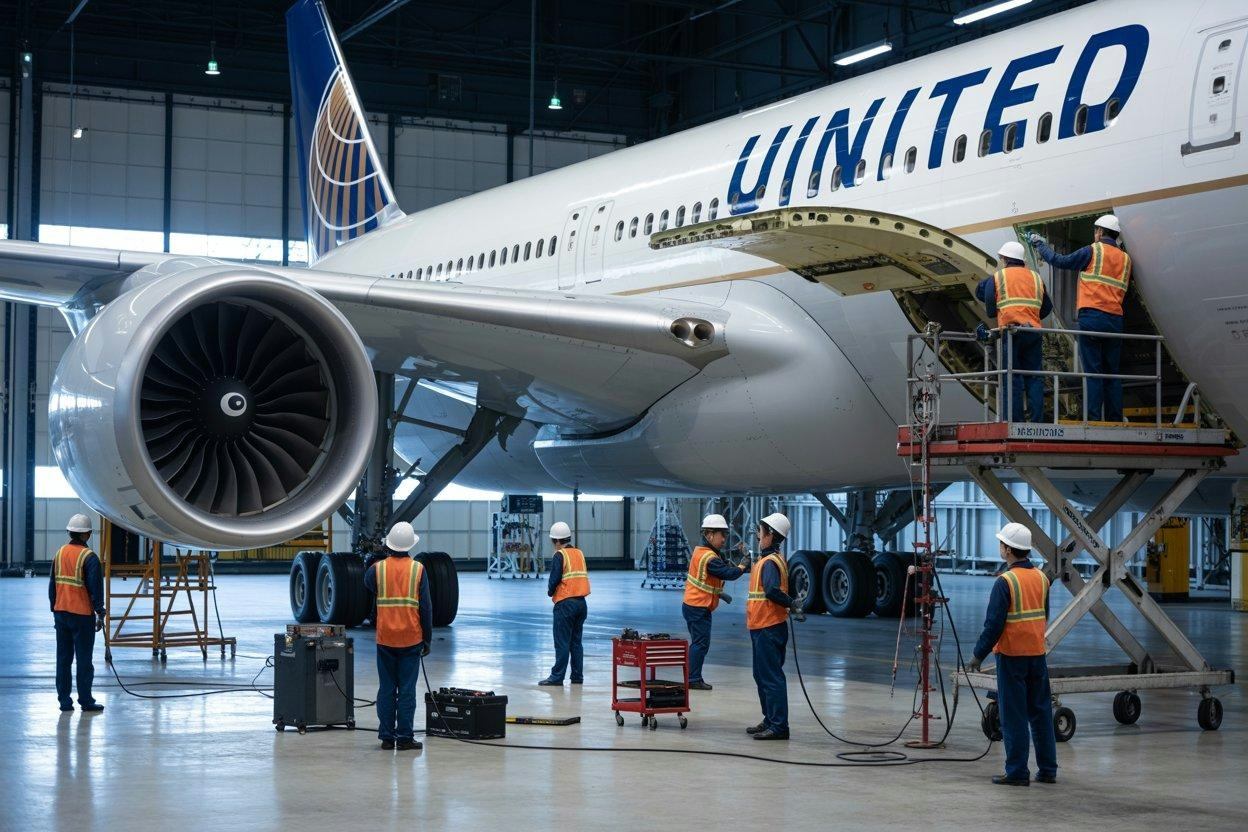
US Audit Identifies FAA Oversight Gaps at United Maintenance

The Impact of Agentic AI on Airport Operations
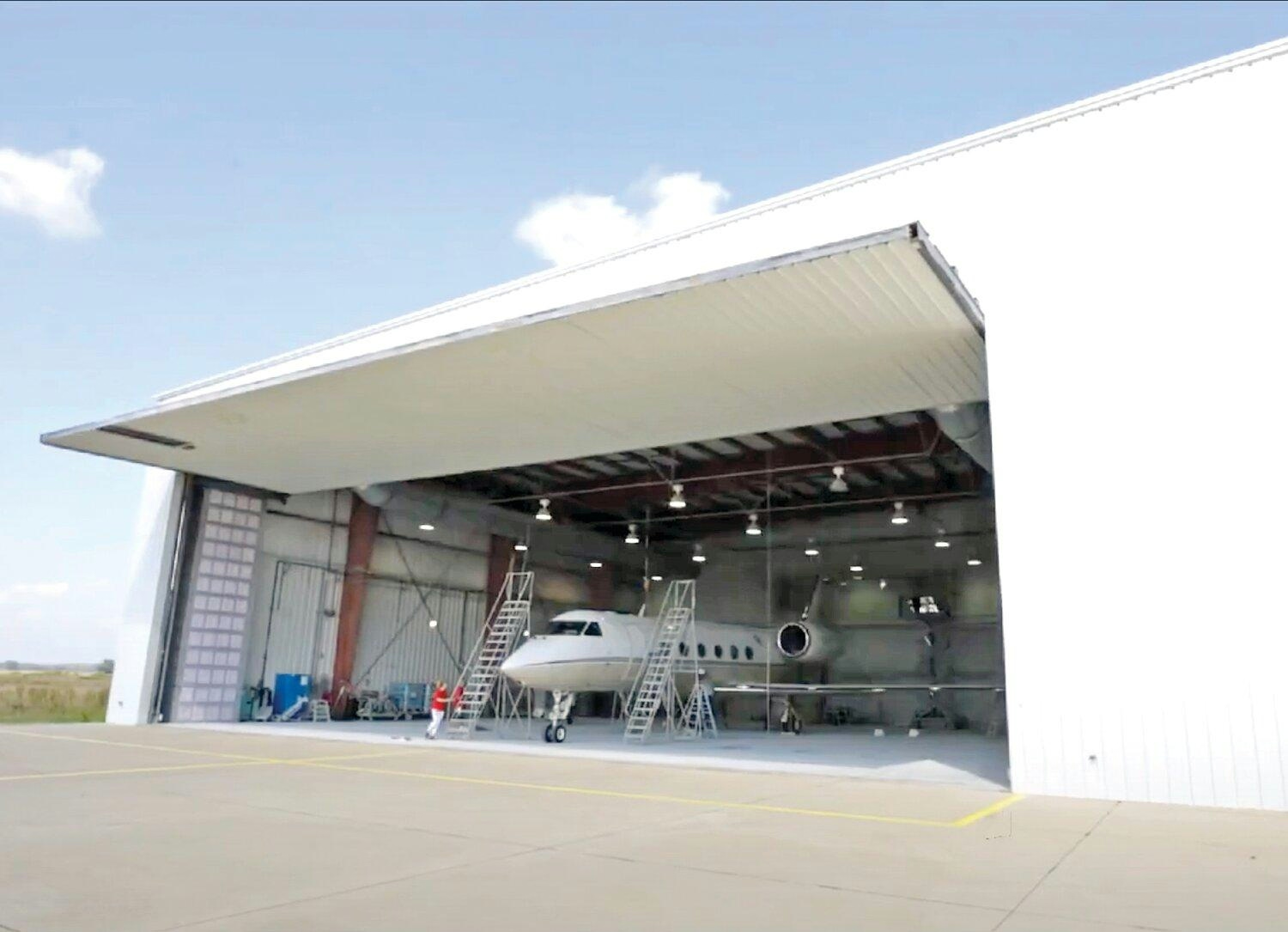
West Star Aviation Announces Expansion in Chattanooga
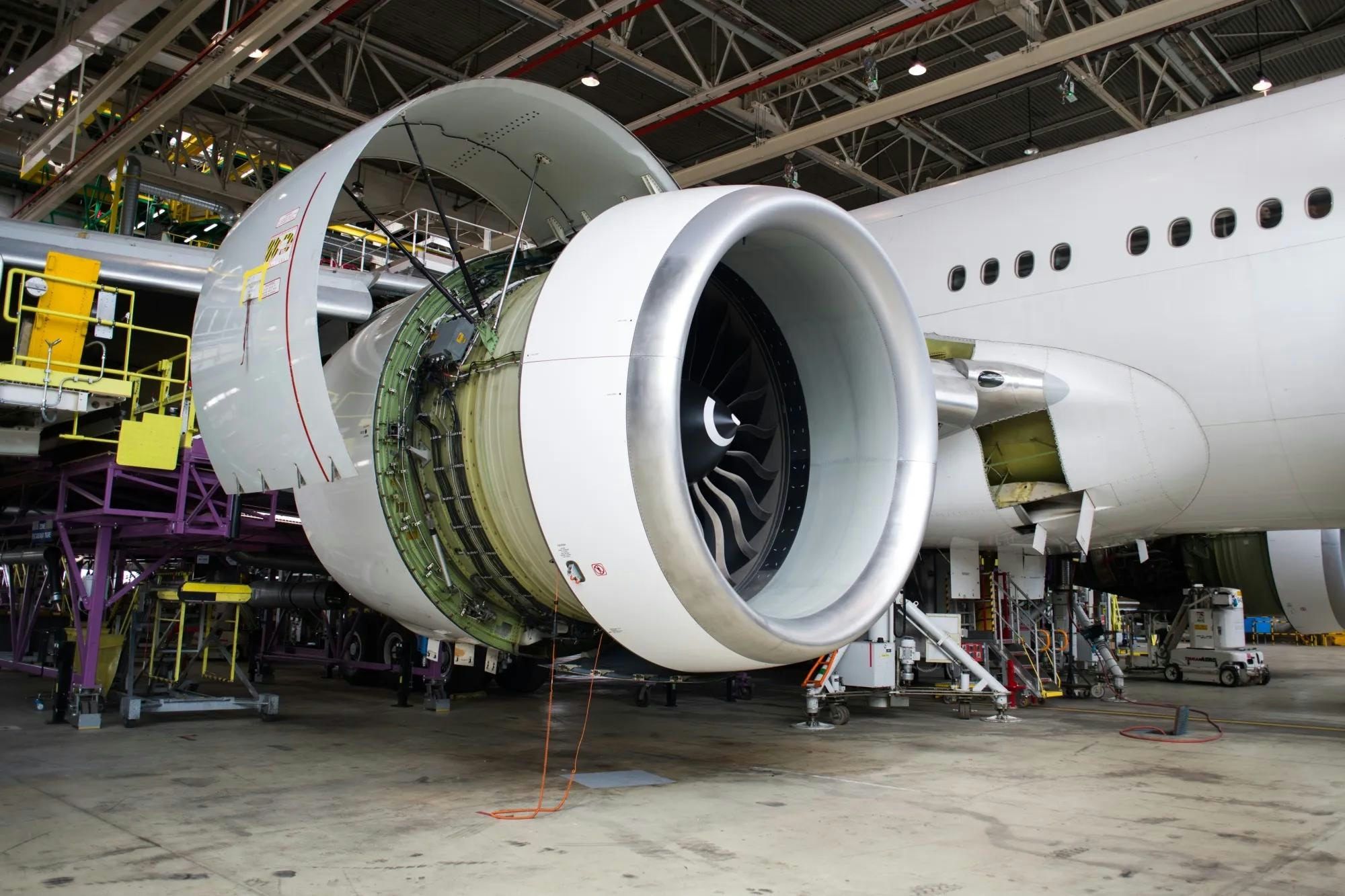
Signs Point to Easing of Aerospace M&A Backlog by 2026

Airlines Accelerate Digital Transformation in Travel

Aviation Design Software Market Projected to Reach $2.8 Billion
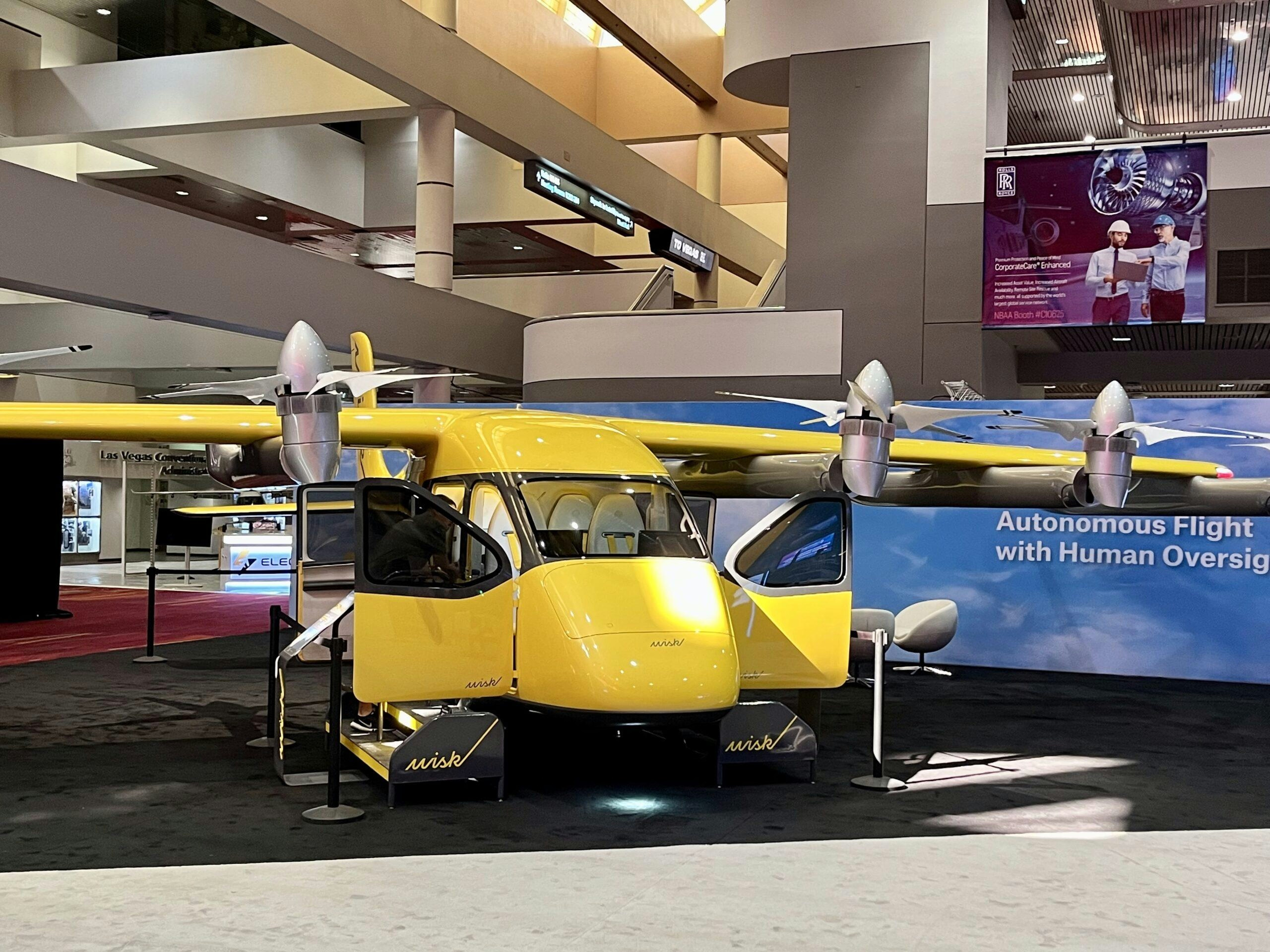
The Future of Aviation in Africa Amid Digital Transformation
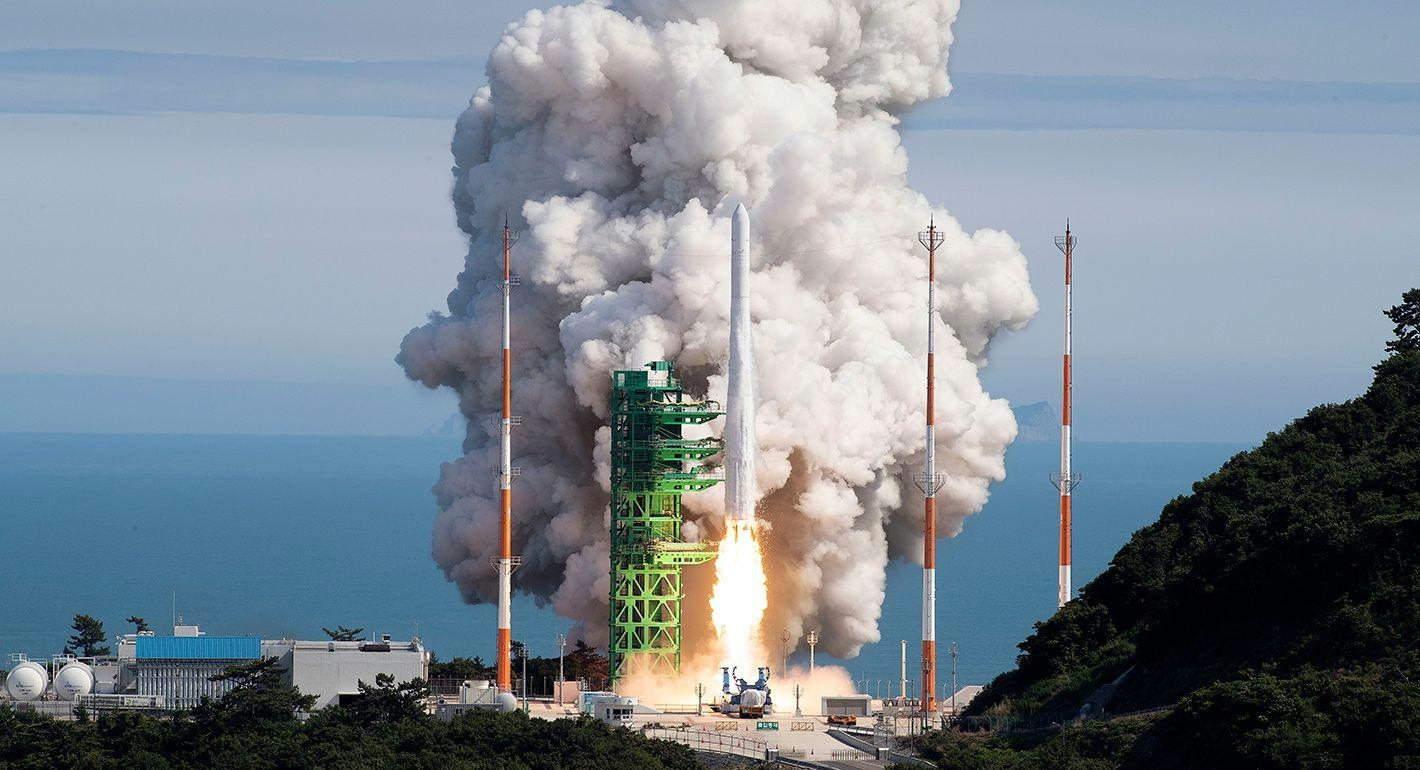
Gyeongnam Province Unveils Mid- to Long-Term Aerospace Industry Roadmap
